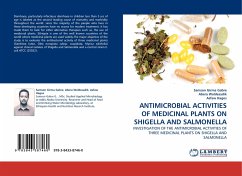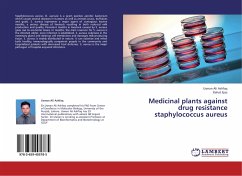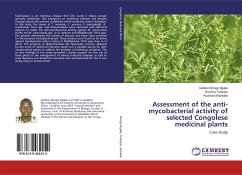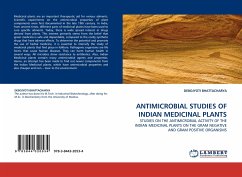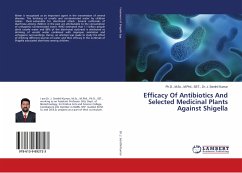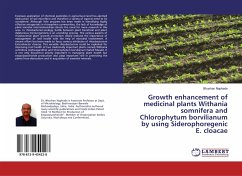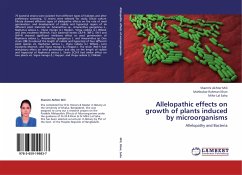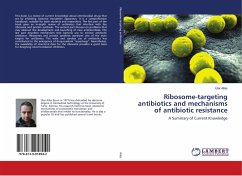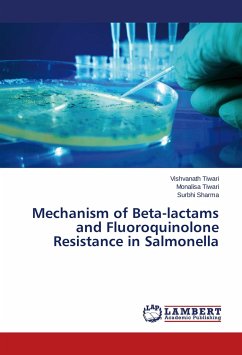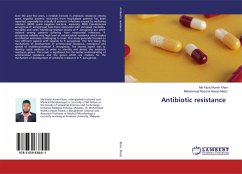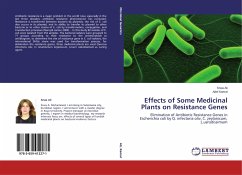
Effects of Some Medicinal Plants on Resistance Genes
Elimination of Antibiotic Resistance Genes in Escherichia coli by Q. infectoria oliv, C. zeylanicum, L.usitatissimum
Versandkostenfrei!
Versandfertig in 6-10 Tagen
36,99 €
inkl. MwSt.

PAYBACK Punkte
18 °P sammeln!
Antibiotic resistance is a major problem in the world now, especially in the last three decades, antibiotic resistance phenomenon has increased. Resistance is transferred between bacteria by plasmids, the risk of E. coli also occurs in its plasmid, and its ability to transfer its plasmid to other bacteria or to other strains of E. coli by transformation, conjugation, and transduction processes (Nancy& Janine 2004). . In this study 82 isolates of E. coli were isolated from 252 samples. The bacterial isolates were grouped to 71 groups according to their resistance to the antimicrobials as antibi...
Antibiotic resistance is a major problem in the world now, especially in the last three decades, antibiotic resistance phenomenon has increased. Resistance is transferred between bacteria by plasmids, the risk of E. coli also occurs in its plasmid, and its ability to transfer its plasmid to other bacteria or to other strains of E. coli by transformation, conjugation, and transduction processes (Nancy& Janine 2004). . In this study 82 isolates of E. coli were isolated from 252 samples. The bacterial isolates were grouped to 71 groups according to their resistance to the antimicrobials as antibiogram, to determine the site of resistance gene in E. coli isolates, the international DH5 strain was used for transformation process, for elimination the resistance genes, three medicinal plants are used Quercus infectoria oliv, Ci nnamomum zeylanicum, Linum usitatissimum as curing agent.



